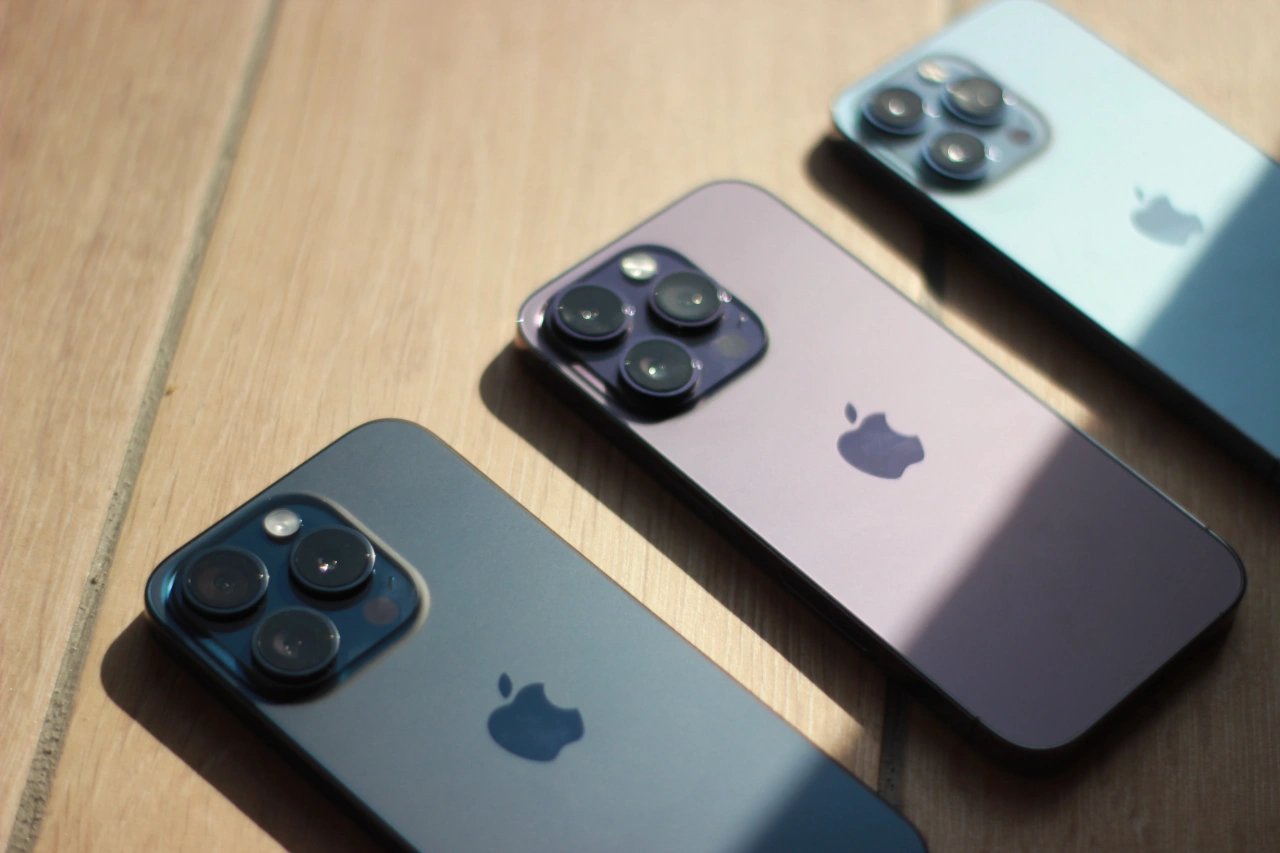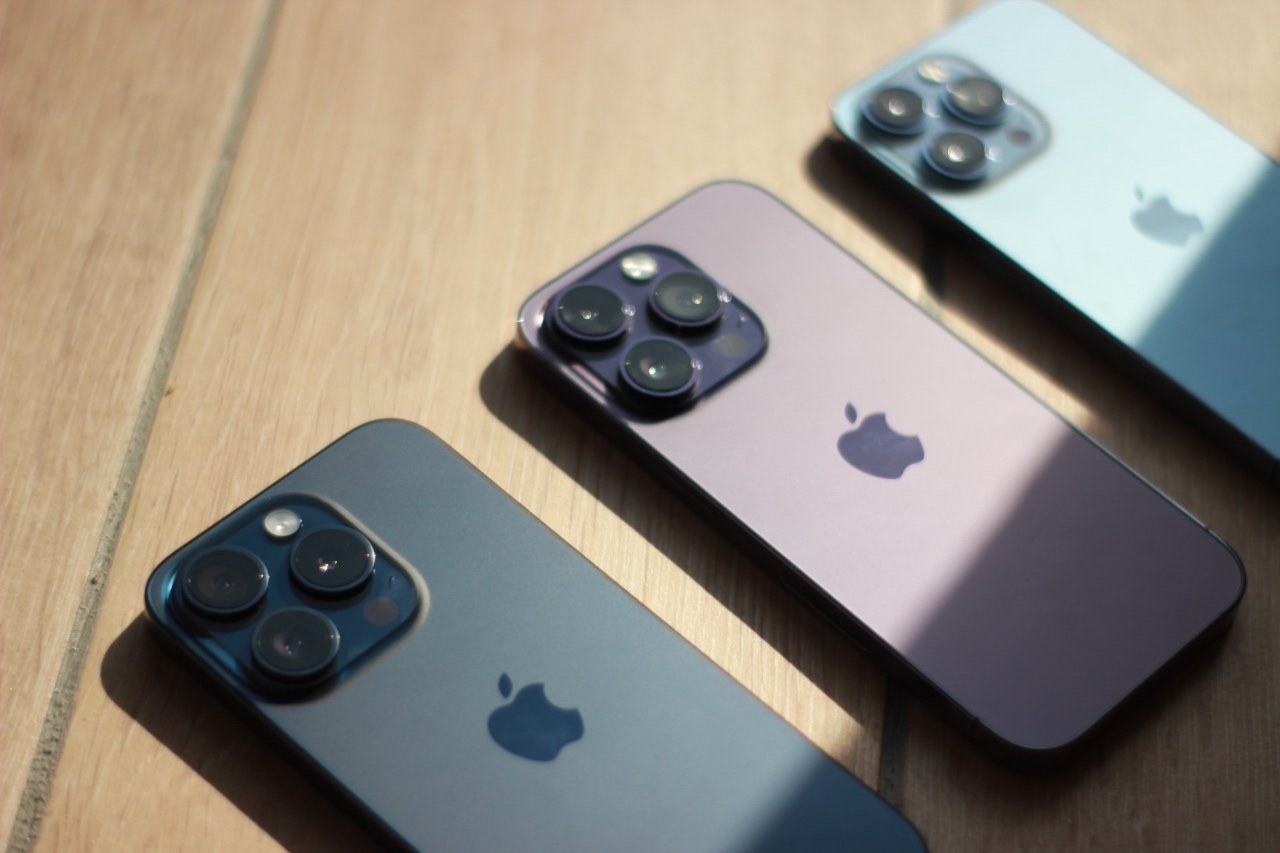
The default Messages application on an iPhone, as it currently stands, doesn’t provide an in-built feature that directly allows users to schedule the sending of text messages. However, this limitation isn’t an absolute barrier. Users looking to schedule texts can explore a few alternative methods that effectively enable this functionality. These workarounds, though not directly integrated into the Messages app, offer a practical solution for those needing to time their message deliveries. Such methods might involve using third-party applications designed for message scheduling or leveraging the Shortcuts app, which is a versatile tool available on iOS devices for automating a wide range of tasks, including the sending of messages at predetermined times. This approach requires a bit of setup and creativity but can effectively bridge the gap left by the absence of a native scheduling feature in the Messages app.
Method 1: Using the Shortcuts App
The Shortcuts app, pre-installed on iPhones running iOS 13 and later, allows you to create automated tasks that can be triggered by various conditions, including time of day. You can utilize this feature to schedule text messages to be sent at a specified time.
- Open the Shortcuts App: Locate and launch the Shortcuts app on your iPhone.
- Create a Personal Automation: Tap the “Automation” tab at the bottom of the screen. If you’ve never created an automation before, tap “Create Personal Automation.”
- Select Time of Day Trigger: Choose “Time of Day” from the list of options.
- Set the Schedule: Specify the time and date when you want the message to be sent. You can choose a specific time, repeat the automation daily or monthly, or select a custom schedule.
- Add Send Message Action: Tap “Add Action” and search for “Send Message.” Select the “Send Message” action.
- Choose Recipient and Message Content: Enter the recipient’s phone number or select a contact from your address book. Type the message you want to send in the “Message” field.
- Review and Save: Tap “Next” to review your automation. If everything is correct, tap “Done” to save the automation.
Method 2: Using Third-Party Apps
Several third-party apps offer scheduling capabilities for text messages. These apps typically provide additional features, such as recurring messages, reminders, and customization options. Some popular options include:
- Scheduled
- SMS Scheduler
- SimpleText
These apps typically require you to sign up for an account and grant them access to your contacts and messaging permissions.
Limitations and Considerations
- Delivery Reliability: Scheduled messages rely on the Shortcuts app or third-party app running in the background to trigger the automation at the specified time. If your iPhone is not connected to Wi-Fi or cellular data at the scheduled time, the message may not be sent immediately.
- Battery Usage: Running background automations can have a slight impact on battery life. However, the impact should be minimal for occasional scheduled messages.
- Compatibility: Third-party apps may have specific compatibility requirements with iOS versions and iPhone models.
- Privacy Concerns: Sharing your contacts and messaging permissions with third-party apps raises privacy concerns. Review the app’s privacy policy carefully before granting access.
Summary
Filed Under: Apple, Apple iPhone, Guides
Latest timeswonderful Deals
Disclosure: Some of our articles include affiliate links. If you buy something through one of these links, timeswonderful may earn an affiliate commission. Learn about our Disclosure Policy.

